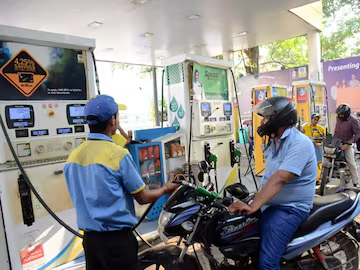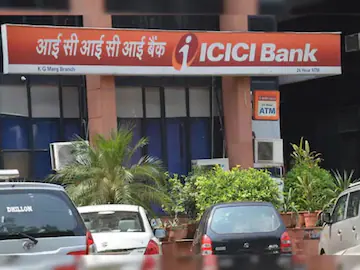70 insurance players not enough for 1.4 billion population; more companies needed: IRDAI Chairman

Panda mentioned during the listing that numerous insurance companies ought to aim to go public.
Debasish Panda, the Chairman of the Insurance Regulatory and Development Authority of India (IRDAI), emphasized the necessity for an increased number of insurance companies in the nation. He noted that the current market participants are insufficient to adequately serve the 1.4 billion population.
Panda emphasized the significance of publicly listing insurance companies, noting that the regulatory body plans to collaborate with selected insurers to facilitate their IPOs, thereby offering benefits to both investors and policyholders.
Panda, speaking at the CII Insurance and Pension summit, expressed the need to increase the player base, stating that having just 70 players may not suffice for a population of 1.4 billion.
The regulatory authority is actively seeking to increase capital inflow into the insurance industry, considering its capital-intensive nature. Emphasizing the necessity for augmented capital infusion from domestic and foreign sources into the sector, the official highlighted the importance of boosting financial resources within the insurance realm.
The insurance regulatory body has eliminated obstacles to establishing an insurance firm. According to him, private equity firms, institutional investors, venture capitalists, and family offices are now able to participate as investors or promoters of an insurance company, with the added benefit of a simpler exit process.
Speedy approval of applications for establishing an insurance company is the primary focus for the regulator.
Panda mentioned the establishment of an internal benchmark, aiming to clear proposals within the 90-day interval between two board meetings. Despite this timeline, Panda emphasized readiness to make decisions even if proposals are submitted earlier.
According to him, fresh faces have already joined the insurance industry, with more waiting to make their debut. At recent promotional events conducted in Japan, Europe, and America, the regulatory body noted a significant enthusiasm from numerous international insurance firms and investors looking to step into the local insurance arena.
Panda emphasized the importance of numerous insurance companies transitioning to a public status.
According to him, companies should consider going public once they reach a certain stage of maturity. Encouraging them gently, we emphasize the benefits of listing such as increased transparency and disclosure, which can add value for both investors and policyholders.
The Chairman mentioned that some insurance companies have initiated the process of reaching out to the Securities and Exchange Board of India (SEBI) to request approval for the listing of their shares.
The regulator, according to him, has greatly streamlined the process of obtaining a no objection certificate for an insurance company seeking approval from the market regulator for listing.
He mentioned that they are prepared to start discussions with select insurance companies that are willing to pursue listing.
Panda underscored the necessity of engaging all stakeholders to actualize inclusive insurance. He suggested that achieving this goal would demand a heightened level of collaboration among governmental bodies, regulators, insurance companies, and technology firms.
He stated that a state-level insurance scheme had been devised in this regard, assigning each insurer the task of enhancing insurance coverage in the specific state or union territory.
For insurers to optimize this endeavor, it is advisable for them to expand their brick-and-mortar footprint while simultaneously enriching their array of online interaction channels. Moreover, there is a suggestion to tailor products according to the distinct needs of each state to guarantee the availability and accessibility of pertinent insurance solutions irrespective of geographical boundaries.
Panda mentioned that the final touches were being put on the introduction of the Bima Trinity. This Trinity comprises Bima Sugam, a digital platform, Bima Vistaar, an all-encompassing protection plan tailored for rural communities with benefits based on a parametric structure, and Bima Vahak, a distribution channel with a special focus on women to extend coverage to overlooked rural regions.














